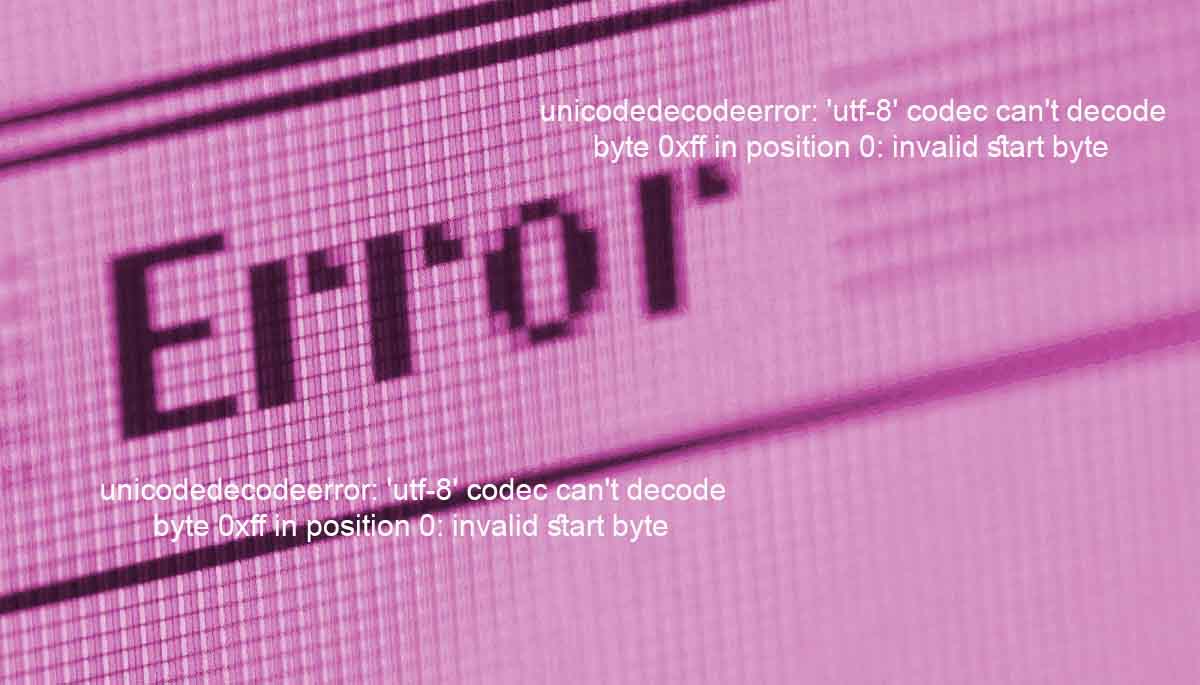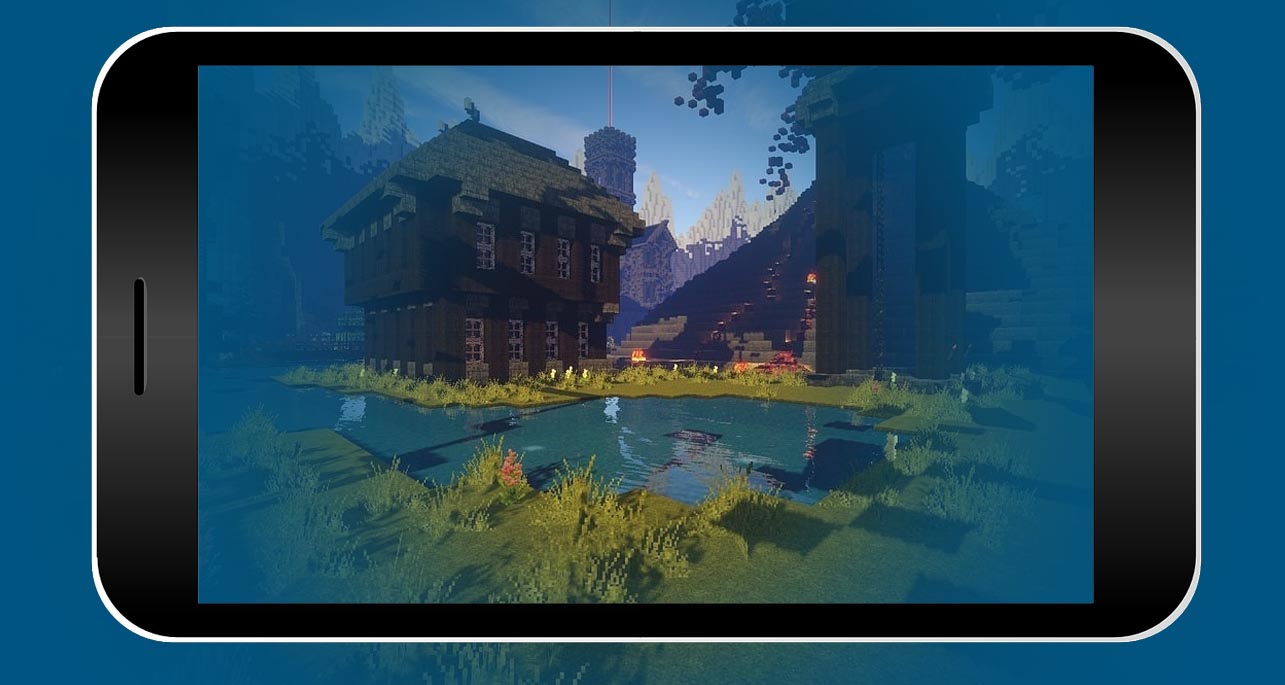While working on python you might face unicodedecodeerror: ‘utf-8’ codec can’t decode byte 0xff in position 0: invalid start byte error. So how you can you fix it? What you can do to resolve this error?
The UnicodeDecodeError is a common error that can occur when working with text data in Python. It occurs when Python is trying to decode a byte string that is not a valid UTF-8 encoded string. This can be frustrating, especially if you are not sure why this error is occurring or how to fix it. In this article, we will discuss what the UnicodeDecodeError is, why it occurs, and how you can fix it.

Table of Contents
What is the UnicodeDecodeError?
In Python, a string is a sequence of characters. These characters can be represented using different character encodings, such as ASCII, Latin-1, or UTF-8. When you read a string from a file or receive it as input, it is typically stored as a sequence of bytes. To use the string in your Python code, you need to decode it into a Unicode string, which is a standard representation of characters that can be used in Python.
The UnicodeDecodeError occurs when Python is unable to decode a byte string into a Unicode string. This can happen if the byte string is not a valid UTF-8 encoded string, or if the byte string uses a different character encoding than what Python is expecting.
Why does the UnicodeDecodeError occur?
There are several reasons why the UnicodeDecodeError can occur:
- Incorrect character encoding: If the byte string uses a different character encoding than what Python is expecting, then Python will be unable to decode it properly. For example, if you are trying to decode a byte string that uses the Latin-1 character encoding, but Python is expecting a UTF-8 encoded string, then you will get a
UnicodeDecodeError. - Incomplete or corrupt data: If the byte string is incomplete or corrupt, then Python will not be able to decode it properly. This can happen if the data has been truncated, or if it has been corrupted due to transmission errors or other issues.
- Inconsistent character encoding: If the byte string uses multiple character encodings, or if it uses an inconsistent mixture of character encodings, then Python will not be able to decode it properly.
How to fix unicodedecodeerror: ‘utf-8’ codec can’t decode byte 0xff in position 0: invalid start byte
There are several ways you can fix the UnicodeDecodeError, depending on the cause of the error. I checked for the solution on multiple websites including the stack overflow, and Here’s what I got.
Try the below given solutions to fix the unicodedecodeerror: ‘utf-8’ codec can’t decode byte 0xff in position 0: invalid start byte error warning while working on the python. Here are some steps you can try:
- Specify the character encoding: If you know the character encoding of the byte string, you can specify it when you decode the string. This will tell Python which character encoding to use when decoding the byte string. For example:
byte_string = b'\xff\xfe\x41\x00\x42\x00\x43\x00'
unicode_string = byte_string.decode('utf-16')
- Use the correct character encoding: If you are not sure which character encoding the byte string uses, you can try using different character encodings until you find one that works. Some common character encodings you can try are
'utf-8','latin-1', and'utf-16'. -
Clean and validate the data: If the byte string is incomplete or corrupt, you can try cleaning and validating the data to remove any errors. This may involve removing invalid characters, filling in missing data, or using error
So guys that are some of working R & D to fix the unicodedecodeerror: ‘utf-8’ codec can’t decode byte 0xff in position 0: invalid start byte error. If you know any better way to fix it the please let us know in the comments and don’t forget to share it with others on social media websites.





